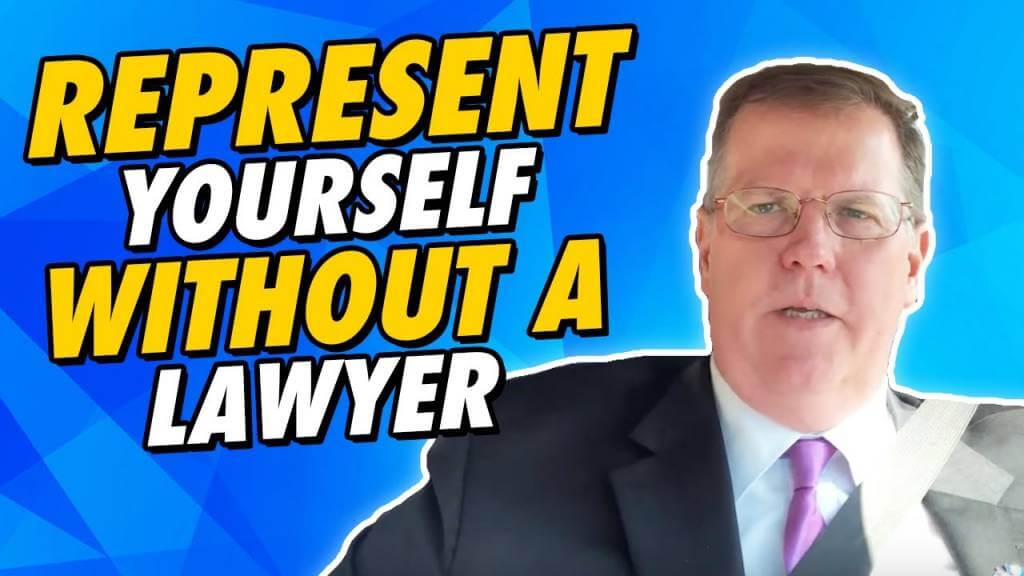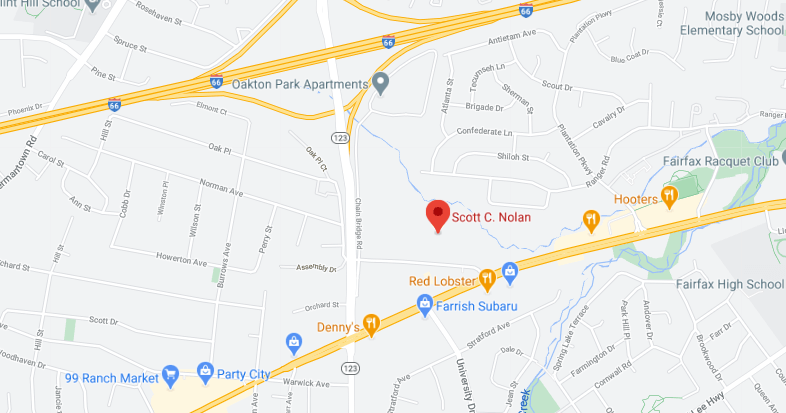Every charge of murder is serious. Getting legal representation is vital if you or someone you know is charged with murder. These charges have significant consequences if someone is convicted of them. But some degrees of murder are even more consequential than others. Here’s what you need to know about being charged with murder and what can happen if convicted.
What Is Capital Murder?
In Virginia, there’s an additional degree of murder called capital murder. This is similar to 1st-degree murder in that it involves knowingly, purposefully murdering someone and planning ahead to do so. But it covers different situations.

For capital murder, someone must knowingly plan to murder someone under these situations:
- As a paid assassin
- During an abduction planned to extort money or defile the abductee
- As someone incarcerated in the custody of a state or local correctional facility or in the custody of an employee of that type of facility
- During a robbery or attempted robbery, rape, or other types of sexual assualt
- When killing a police officer, a fire marshal, an auxiliary police officer, or a deputy sheriff to prevent them from performing their duties
- When killing more than one person in a single criminal act or killing multiple people within a three-year period
- When committing or attempting to commit a violation involving specific types of controlled substances and with the objective of committing or attempting to commit the crime
- While under orders from a third party who is engaged in an ongoing illegal venture as defined under Virginia state laws
- Killing a pregnant woman while aware of the pregnancy and wanting to cause an involuntary termination of the victim’s pregnancy with no live birth
- Killing a person younger than 14 when the murderer is 21 years or older
- While committing or attempting to commit an act of terrorism
- Killing a sitting, temporarily designated, or substitute judge to interfere with the victim’s official duties
- Killing a witness in criminal proceedings after the witness has received a subpoena when the killing is meant to disrupt the duties of the witness in the case
Someone convicted of capital murder in Virginia faces severe penalties, which can include either life in prison without the possibility of parole or the death sentence, along with a fine not to exceed $100,000. People under the age of 18 or mentally disabled can face life imprisonment and a fine not exceeding $100,000.
What Is First-Degree Murder?
First-degree murder is that which is a premeditated act done intentionally in the following situations:
- Murder by poison, imprisoning someone, lying in wait to attack them, or starving them
- Done while committing or attempting to commit abduction, burglary, robbery, arson, forcible sodomy, or using an object for sexual penetration.
First-degree murder is a class 2 felony. If convicted, someone could face imprisonment for 20 years to life and/or a fine of not more than $100,000.

Attempted first-degree murder, in which someone tries to murder someone but isn’t able to kill them, is a class 4 felony. If convicted, someone could face a maximum prison sentence of 10 years and/or a fine of not more than $100,000.
What Is Second-Degree Murder?
In Virginia, any murder that doesn’t fit the capital murder or first-degree murder criteria is charged under second-degree murder. These cases involve murders or attempted murders that were done in the spur of the moment with no pre-planning.
If convicted, someone could face imprisonment for five to forty years and/or a maximum fine of $100,000. There are additional possible consequences, including a permanent criminal record that could make it difficult to gain employment or apply for housing, as well as being permanently banned from owning a firearm.
What Is Manslaughter?
Manslaughter also involves one person killing another. However, it’s a lesser charge than the three types of murder because it’s not considered premeditated, which is the basic threshold for murder charges.

There are two categories of manslaughter in Virginia:
Voluntary manslaughter. This is a killing that wasn’t planned. It can happen when people find themselves in unexpected conflicts. It’s often referred to as a crime of passion, meaning the killer didn’t set out to commit murder, but it did happen. It was intentional but not preplanned, meaning the killer didn’t make plans, but when the moment arose, killing was the intent, whether due to provocation or unexpected rage. This can include things like bar fights gone significantly wrong.
This is a class 5 felony, and if convicted, someone could face a minimum of one year in prison and up to ten years and/or a maximum fine of $2,500. Some judges can set the jail time lower than one year.
Involuntary manslaughter. This is a killing that occurs while someone commits an illegal act that is not deemed a felony. Usually, there is recklessness or negligence involved; sometimes, alcohol and drugs play a role. An example of this is killing a pedestrian while speeding.
This is a class 5 felony with the same consequences as voluntary manslaughter. There are additional punishments for being under the influence.
What Should I Do if I or a Loved One Has Been Charged with Murder?
Call me at 703-688-9236 to request a free case evaluation as soon as possible. Being charged with any degree of murder can be a life-changing event with horrendous consequences. My firm has extensive experience working with murder charges and the Virginia criminal laws that apply to them. Exercise your Constitutional right to a defense attorney and your right to be judged innocent until proven guilty.











